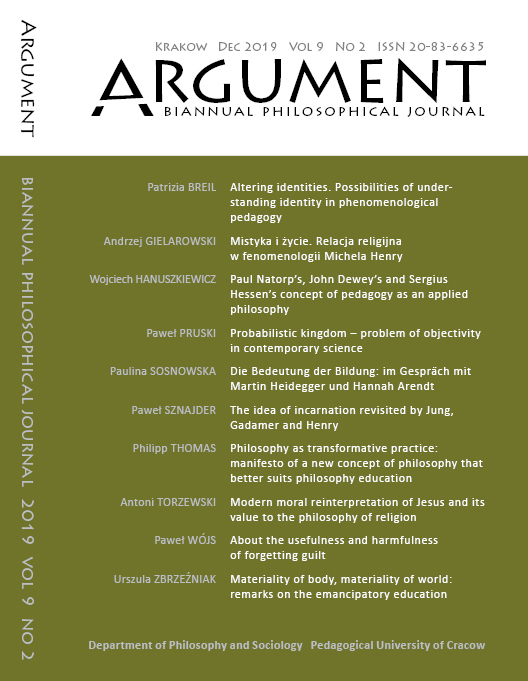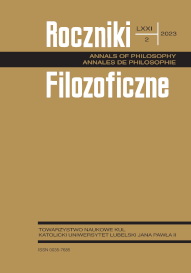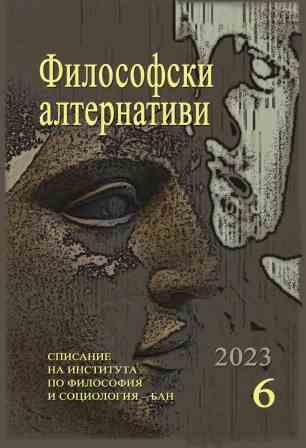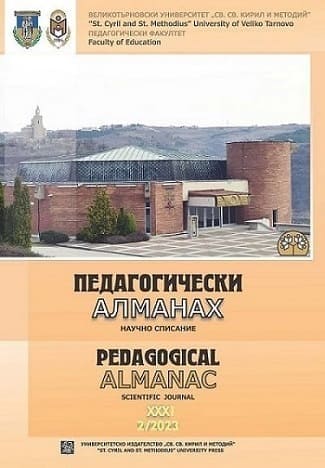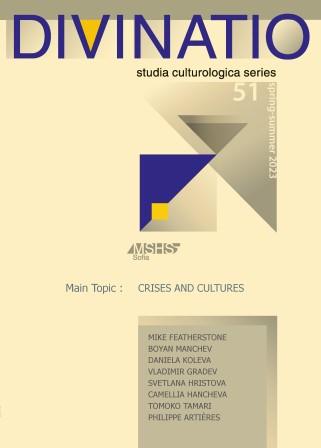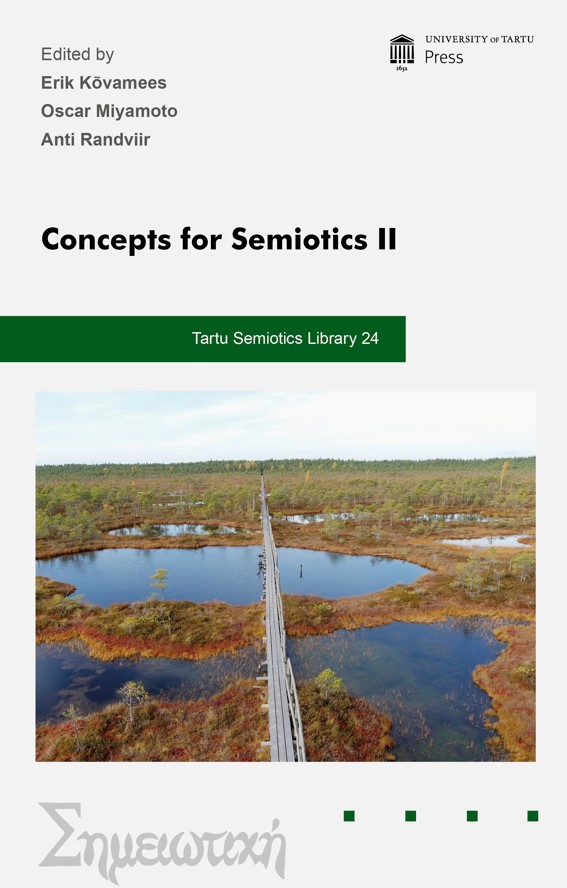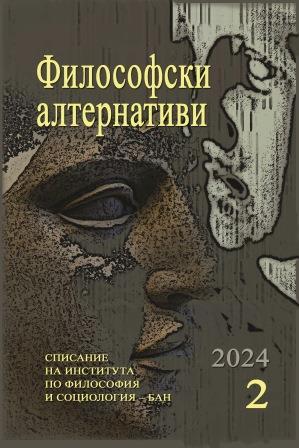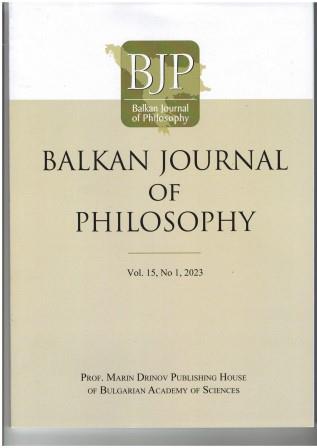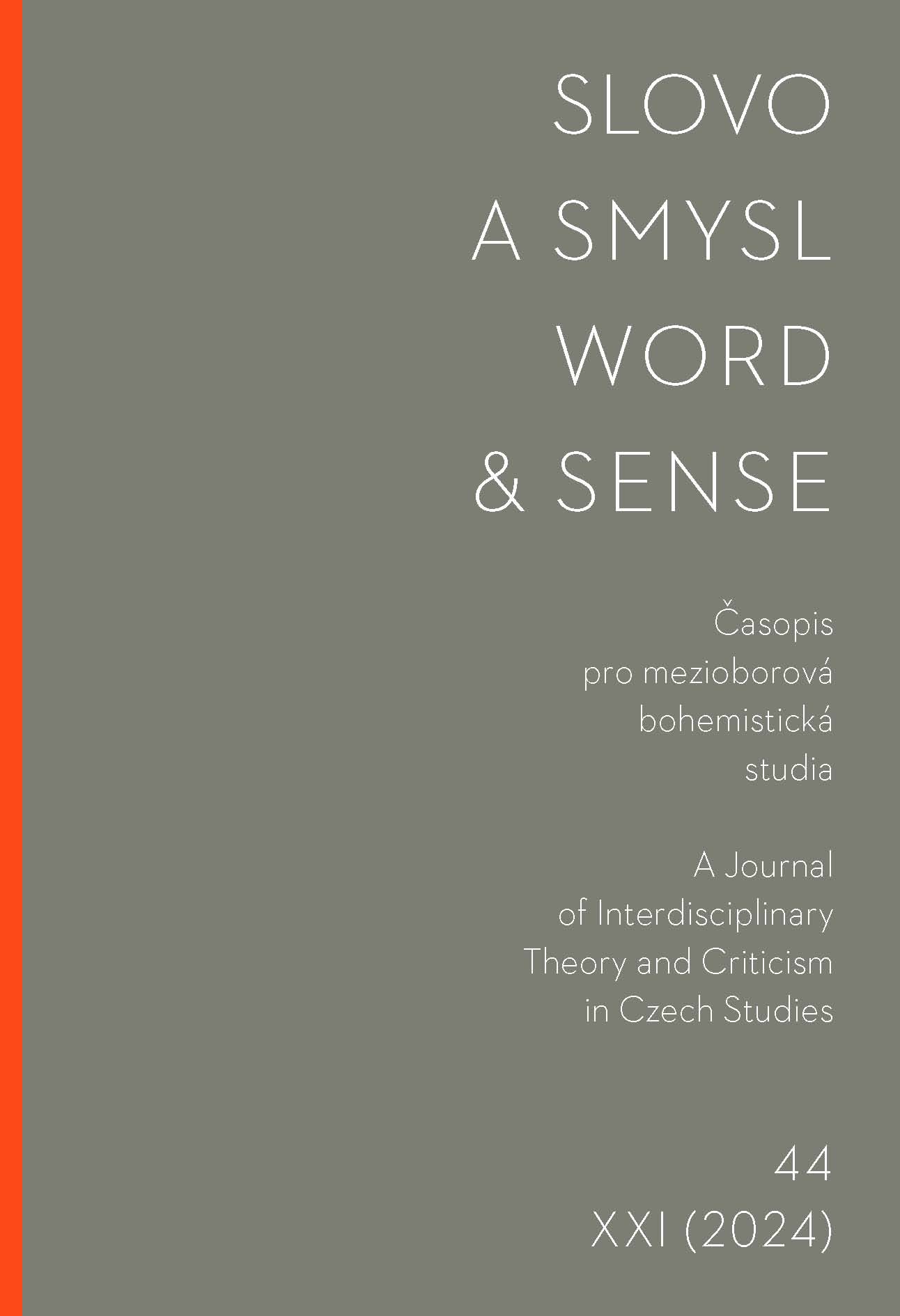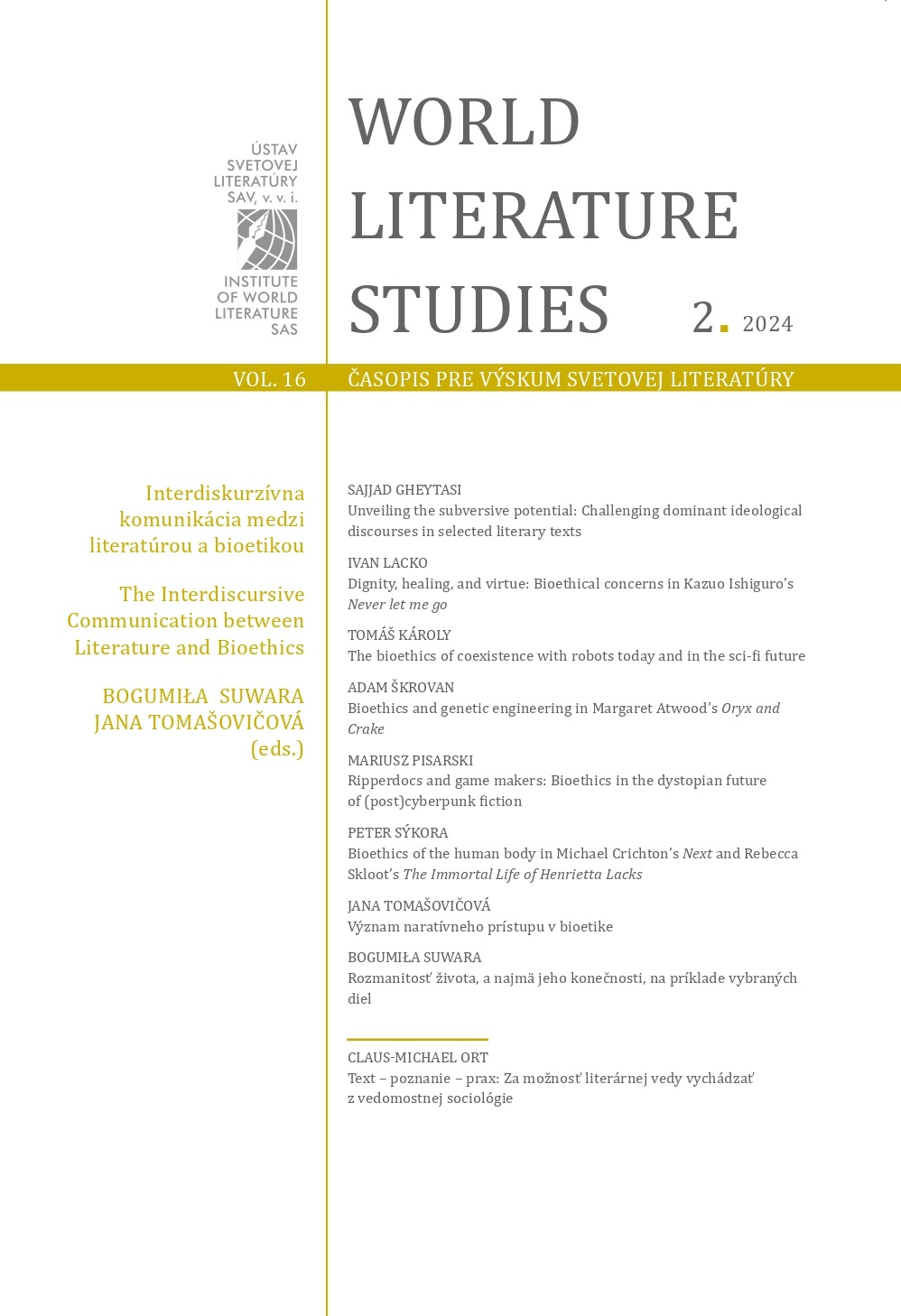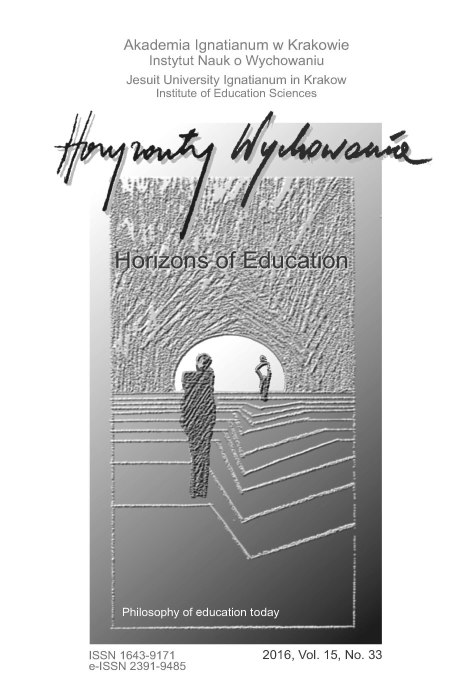
Jesuit philosophy of contemplative education
Research objective: The purpose of this article is to present the Jesuit philosophy of contemplative education as an educational system compatible with the American philosophy of contemplative education and to aim at the emergence out of the latter of the vision of a man integrally formed as “men and women for others” including the transcendent / religious dimension of life. The research problem and methods: The presented research problem concerns the question of whether the system of the proposed philosophy of contemplative education allows to educate and to form a human who is integral and coherent in spiritual and physical unity in the religious optics. There has been applied the method of critical and comparative analysis as well as the analysis of the reference literature. The process of argumentation: After having initially defined the aim of the study and the fundamental concepts (philosophy of contemplative education) there has been presented the history and the main assumptions of the philosophy of contemplative education from the USA (1974). Then, there has been presented the history of Ignatian spirituality (contemplativus in actione) as a source for the Jesuit philosophy of contemplative education. The essential part of the argumentation was to present the philosophy of the process of forming the student (Ratio Studiorum and the contemporary documents) based on the specific five stages. Research results: The result of this argumentation is a concrete and integral vision of a contemplative man in action who is open “for and to others”. Conclusions, innovations and recommendations: This analysis confirmed the compatibility of the American and the Jesuit philosophy of contemplative education as a system that should be included in the educational programs and processes of an integral human being as a being of spiritual and bodily unity based on a contemplative reflection and action.
More...

